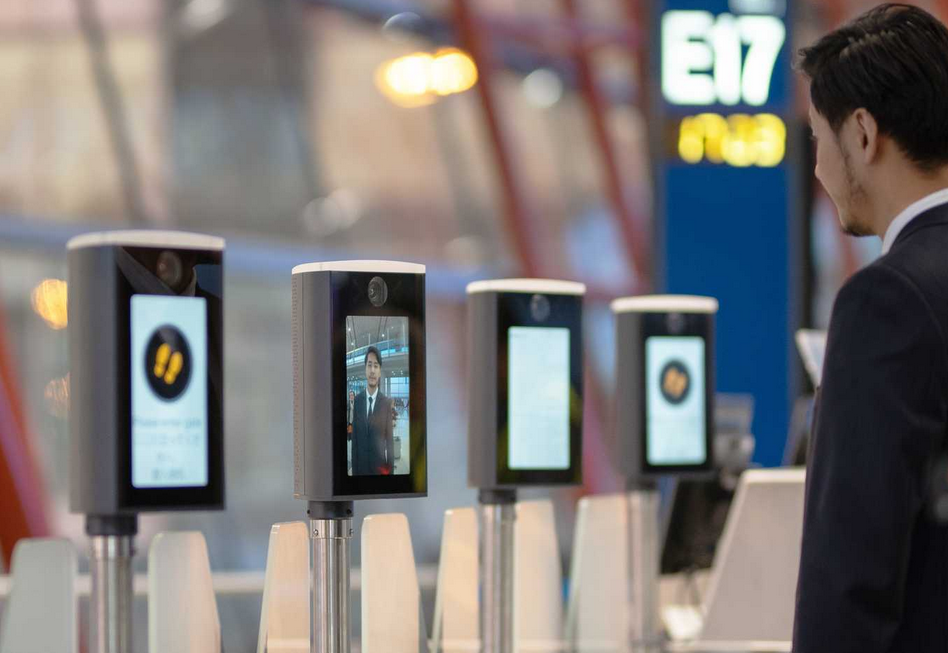The travel industry has traditionally been an early adopter of new innovations and technology in a constant effort to improve efficiency and manage the high overhead usually associated with travel businesses. One area of the travel industry that is constantly innovating and improving technologies is travel security. Moving into the digital world has reaped massive benefits to the travel industry but has also increased opportunities for security vulnerabilities and infrastructure weakness that can grind businesses to a halt. Evolving technologies and systems are meeting security challenges head on in the vain of securing systems and preventing negative impacts to travel businesses while increasing passenger experiences and operational efficiencies. Recent innovations in bio-metric technologies and AI will greatly improve many facets of the travel business while delivering expected efficiency and stability now that the industry has returned to growth.

Elevating Experiences and Increasing Efficiency Through Document Free Travel
The evolution of bio-metric technology will soon make document free travel a reality. As airports and transport facilities look for ways to speed up passenger processing times while still providing enhanced security and id checks, facial recognition technology combined with AI models are providing secure methods to handle passenger traffic more efficiently. Abu Dhabi’s Zayed International Airport plans to become a document free travel hub in 2025 while airports in Italy and the UK begin bio-metric trials to evaluate effectiveness and benefits. In the US, private airport security firm Clear has begun evaluating its own proprietary facial recognition and security screening platform at airports in Oklahoma and South Carolina. The TSA has been evaluating its own self service security screening process in Las Vegas with encouraging results. Continued innovations in bio-metrics and decision making will only improve passenger experiences and drive efficiencies at busy transport hubs.
Payment Systems At the Core of Travel Businesses
Efficient and secure payment systems of critical importance to the travel industry as most transactions and payment intakes occur online and through some version of digital payment portal or hardware device. The ability to securely and efficiently take payments is a must for travel businesses and payment technology continues to evolve to provide more secure and faster transactions. The global nature of the travel business also has disadvantages and opens the industry up to more instances of payment and banking fraud. Tangible initiatives such as PCI DSS Compliance establishes a baseline for payment security and gives payment processors a definitive road map to securing transactions and preventing payment fraud. The rapid evolution of payment technologies has enabled many smaller travel providers and businesses the important ability to take online and cashless payments from across the globe. The travel industry continues to prioritize resources to increase security and create innovations that will ultimately aid in securing the integrity of payment technology and ensure smooth, consistent payment operations.
Increasing External Threats to Travel Businesses
The travel business is a data driven business which generates vast amounts of information on consumers, making it a prime target for data breaches and ransomware attacks. In 2024, TTG Asia reported that 21% of all attack traffic was targeted towards the travel sector. A treasure trove of identity and banking information puts travel businesses at the top of the target list. Travel businesses will be focusing on securing internal data through technology as they evaluate and tighten up security protocols and systems across desktop and mobile applications. AI high levels of processing and decision making can provide another layer of security to protect data and assets by constantly evaluating external threat potential and statistical evaluation of possible outcomes in regards to cyber security.
Innovations Drive Security and Stability in the Travel Industry
The travel industry has always been an early adopter of technology in a constant effort to control operational costs and deliver consistent elevated experiences to travel consumers.Technology provides many vital functions and processes that keep the travel business moving forward but with such infrastructure comes vulnerabilities and the heavy dependence on technology opens the travel industry up to such potential weaknesses. Travel is a fast paced business and fortunately, technology is at a point where evolution and innovation happen much faster than in earlier eras. The arrival of AI on the technology scene is set to fundamentally change the way the travel industry operates and has shown practical application on the security and integrity side of the business. Spending in cybersecurity within the travel industry is set to reach $4.3 billion by 2027, almost doubling 2022’s total. Continued investment will drive innovations and technology in this area of back-end infrastructure.

